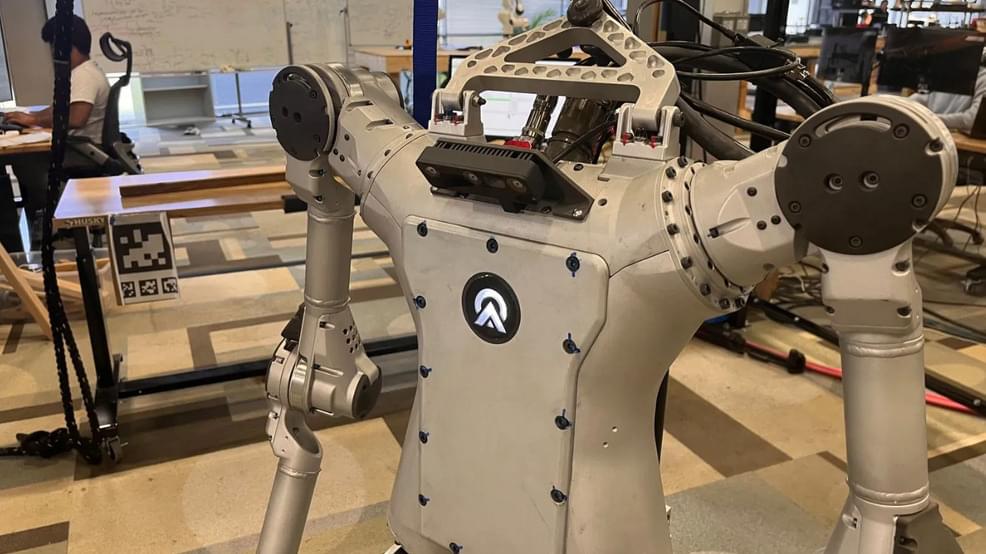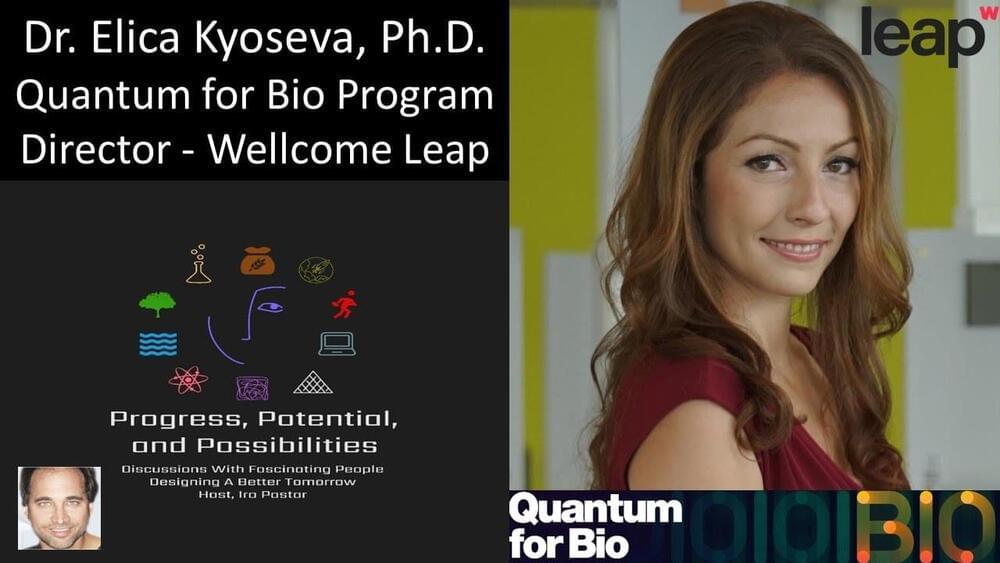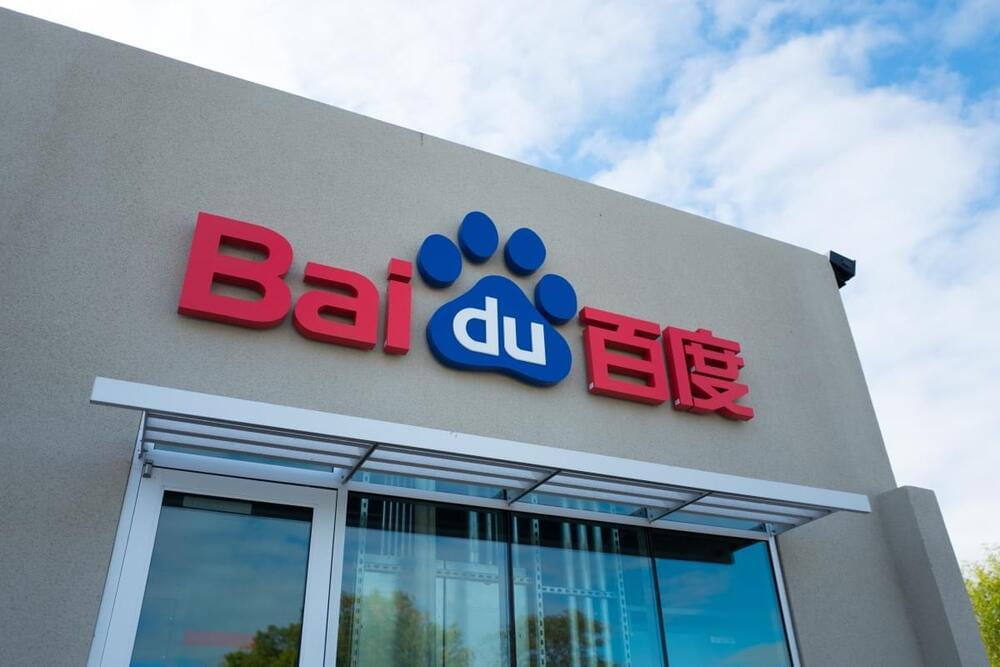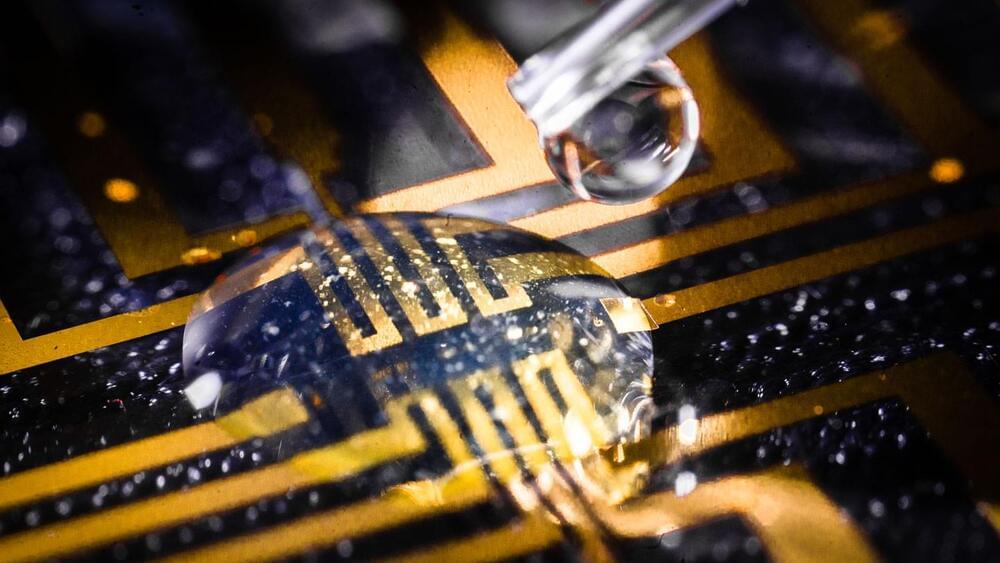Published 49 mins ago.
Is the Quantum for Bio Program Director, at Wellcome Leap (https://wellcomeleap.org/our-team/elicakyoseva/), a $40M +$10M program focused on identifying, developing, and demonstrating biology and healthcare applications that will benefit from the quantum computers expected to emerge in the next 3–5 years.
Wellcome Leap was established with $300 million in initial funding from the Wellcome Trust, the UK charitable foundation, to accelerate discovery and innovation for the benefit of human health, focusing on build bold, unconventional programs and fund them at scale—specifically programs that target global human health challenges, with the goal of achieving breakthrough scientific and technological solutions.
Dr. Kyoseva completed her Ph.D. in Quantum Optics and Information, at Sofia University in Bulgaria, and then moved to the Center for Quantum Technologies in Singapore as a postdoc. Three years later, she established her own research group in Quantum Engineering at the Singapore University of Tech & Design and subsequently spent a year at MIT (Cambridge, USA) as a Research Fellow in the Nuclear Science and Engineering Department doing research on quantum control and engineering.
In 2016, Dr. Kyoseva was awarded a Marie Curie fellowship for research excellence by the European Commission with which she relocated to Tel Aviv, Israel and continued her research in robust control methods for Quantum Computing at Tel Aviv University. Since the beginning of 2020 she served as an Entrepreneur in Residence and Advisor at a venture capital firm and was instrumental for their investments in quantum computing startups. In September 2020, she took a senior role with Boehringer Ingelheim to develop applications of quantum algorithms to the drug discovery process working on the cutting edge of applied quantum computing technologies to improve the lives of both humans and animals.
I wrote a foreword for this awesome Sci-Fi book here: https://amzn.to/3aGrg0I
Get a Wonderful Person shirt: https://teespring.com/stores/whatdamath.
Alternatively, PayPal donations can be sent here: paypal.me/whatdamath.
Hello and welcome! My name is Anton and in this video, we will talk about a strange discovery of excess of dark matter and other related mysteries.
Paper: https://arxiv.org/pdf/2007.15633.pdf.
Paper: https://science.sciencemag.org/content/369/6509/1347
Illustris Project: https://www.illustris-project.org/explorer/
Support this channel on Patreon to help me make this a full time job:
https://www.patreon.com/whatdamath.
Space Engine is available for free here: http://spaceengine.org.
‘I don’t see how this pricing is anything based in reality or remotely reasonable.’
Apollo, the popular Reddit app for iOS, could face millions of dollars in fees as a result of Reddit’s new paid API model. According to an update posted by developer.
Reddit announced changes to its API policy in April, which allows the platform to put limits on the number of API requests made by a third-party client like Apollo. But now, we have more details on what exactly this means: Selig says Reddit plans on charging about $12,000 per 50 million requests.
The future of Apollo on Reddit isn’t clear.
Demand for AI via consumer mobile apps has been climbing, with market leader OpenAI’s ChatGPT mobile app topping half a million downloads in its first six days. Now, another AI app is touting its own launch success, as the a16z-backed Character. AI app is claiming to have pulled in over 1.7 million new installs in less than a week on the market. The AI app maker, which announced a whopping $150 million in Series A funding earlier this year, valuing its business at $1 billion, offers customizable AI companions with distinct personalities, as well as the ability for users to create their own characters.
While there are a number of these AI character generators available on today’s app stores, interest in Character. AI has a lot to do with its founders. The Palo Alto–based startup was created by Noam Shazeer and Daniel De Freitas, AI experts who previously led a team of researchers at Google that built LaMDA (Language Model for Dialogue Applications), a language model that helps power conversational AI experiences.
At Google, the founders had become frustrated with the company’s hesitancy to roll out AI chatbots to other researchers and the general public, including through integrations with other Google products, like Assistant, The Wall Street Journal reported. Believing AI would revolutionize search and other areas, the duo ultimately decided to leave Google in late 2021, despite pleas from CEO Sundar Pichai to stay and continue their work on LaMDA. That same November, Shazeer and De Freitas founded Character Technologies, now home to Character. AI.
The U.S.-China decoupling is giving rise to a divided tech landscape between the two major economies, shaping the development of the red-hot area of generative AI, which turns text into various forms of content like prose, images, and videos.
China, in order to reduce dependence on the U.S. technological foundation, has been pursuing its own large language models that match OpenAI’s GPT models. But unlike the U.S., some of its most advanced AI endeavors are happening at established internet juggernauts, such as Baidu.
The search engine and autonomous driving giant rolled out its counterpart to ChatGPT in March. Now the 23-year-old firm wants to have a stake in other AI startups, too. The company aims to have a stake in other AI startups. During a JPMorgan summit in China this week, Baidu’s co-founder and CEO Robin Li announced the launch of a billion yuan ($145 million) fund to back generative AI companies.
Inspired by Mars colonization, engineers aim to replace diesel generators with nuclear microreactors.
A chemical reaction with the body’s own sugars turned a gel cocktail into a conducting material inside zebrafish brains, hearts and tail fins.
Hospitals are evolving at warp speed, and autonomous surgical robots are just the beginning.









